David Stoesz, PhD Distinguished Chair
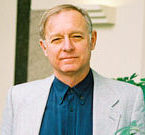
| Home Institution | Professor and Director, MSW Program, Kean University |
|---|---|
| Host Institution | Flinders University and Carnegie Mellon University Australia |
| Award Name | Fulbright Distinguished Chair in Applied Public Policy, Sponsored by Flinders University and Carnegie Mellon University Australia |
| Discipline | Social Policy |
| Award Year | 2016 |
Dr. David Stoesz received his doctorate from the University of Maryland, Baltimore. Since then he has published articles and books on various aspects of social policy, including public welfare, the Clinton Presidency, children’s services, international development, financial services, and politics and policy. From 1995 to 2000 he held the Wurtzel Endowed Chair at Virginia Commonwealth University. He is the coauthor of American Social Welfare Policy, ed. His book, Quixote’s Ghost: The Right, the Liberati, and the Future of Social Policy, received the Pro Humanitate Literary Award. A Fulbright award at the University of Birmingham resulted in The Dynamic Welfare State, recently published by Oxford University Press. His current project is a book, Theory and Social Welfare.
Dr. Stoesz is planning on writing a sequel to The Dynamic Welfare State while at Flinders University. Tentatively titled From Welfare State to Investment State, the book will propose a future configuration for social programming among industrialized nations. In addition, he plans on lecturing at universities in Australia.
Dr. Stoesz is an avid whitewater kayaker, downhill skier, and chef. When time permits, he makes furniture and weaves.

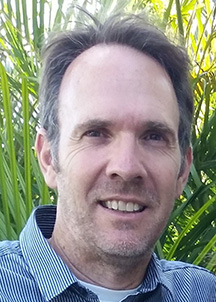
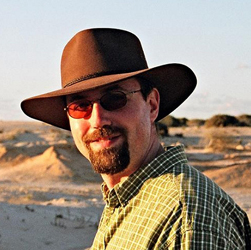
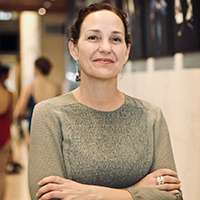
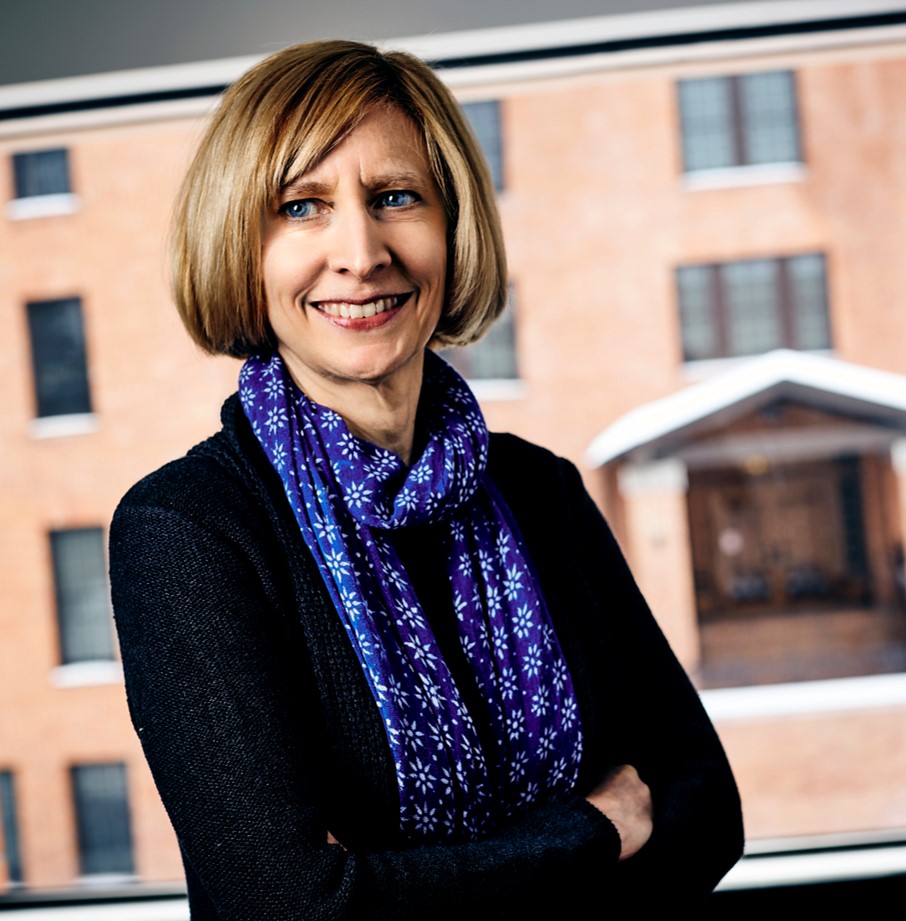
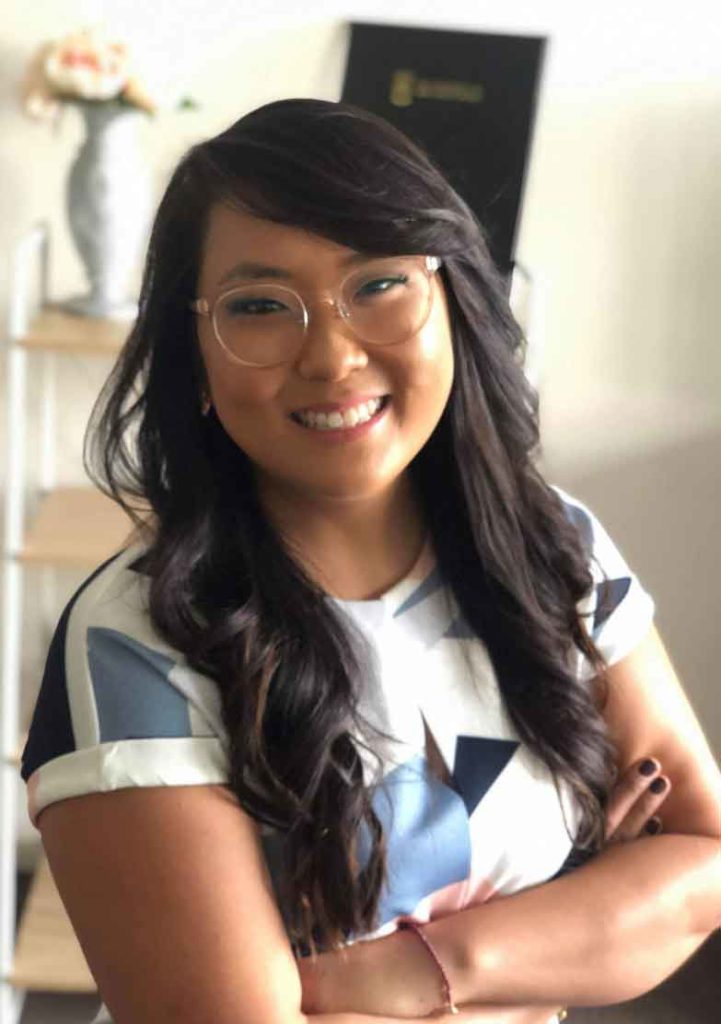
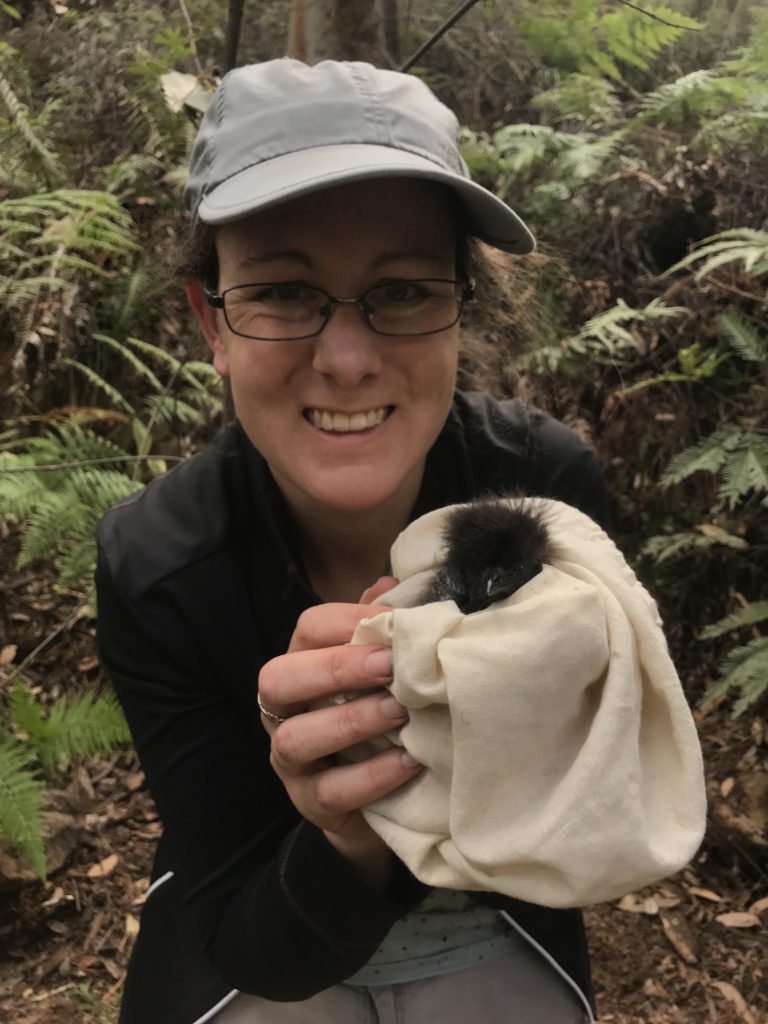
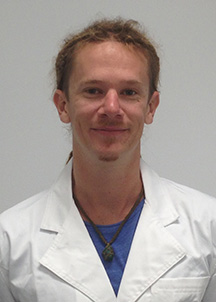
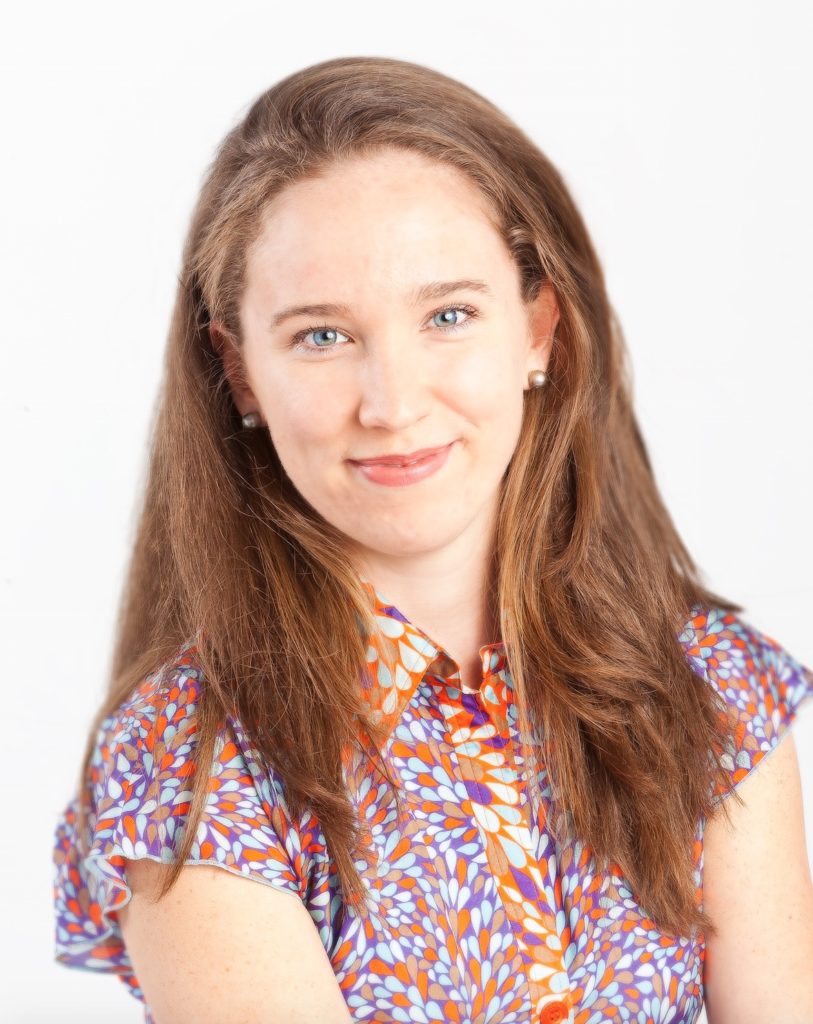
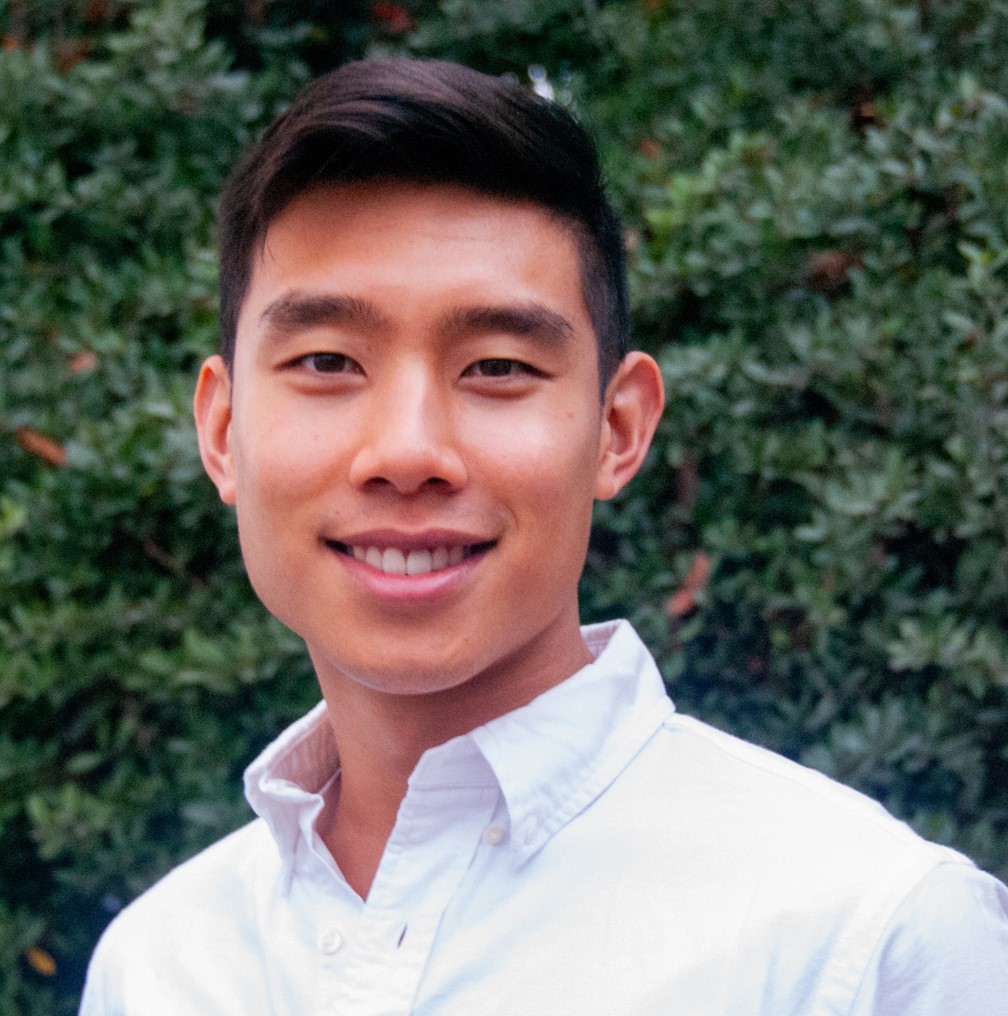
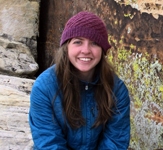
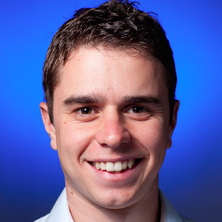















 Facebook
Facebook Twitter
Twitter Linkedin
Linkedin Instagram
Instagram